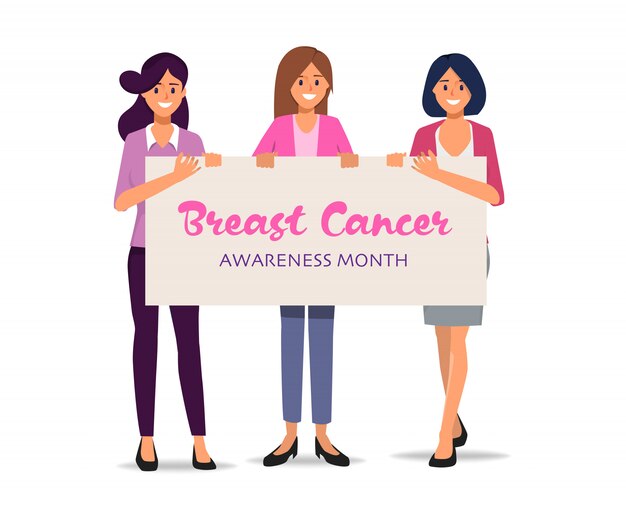The appeal of World Women’s Day March 8, 2020 is “Im Generation Equality: Realizing Women’s Rights”. This call confirms that one of the biggest challenges to upholding women’s rights (including female migrant workers) is the reality of inequality which now shapes the face of the world. Various studies on inequality and poverty always show the face of women as the main victims in situations of injustice.
The reality of the continuing feminization of poverty in the feminization of labor migration also shows a correlation to the reality of inequality and improves the conditions of forced migration. Labor migration itself has shown the reality of wage inequality, unfair employment opportunities for men and women as well as inequality in poor and rich countries. This situation gave rise to discriminatory attitudes and xenophobia with the support of patriarchal construction of society.
The link between the problem of inequality and labor migration can be seen in the Goals of the Ten Sustainable Development Goals (SDGs) to Reduce Inequality Both Within Countries and Between Countries. There are 2 specific targets related to labor migration, namely target 10.7 regarding safe migration management and 10.c about reducing remittance costs by up to 3%. It is unfortunate that in the Roadmap to Achieve SDGs compiled by the Government of Indonesia, two cases of inequality related to labor migration are not included in the priority achievement of Goal 10, even though the number of Indonesian migrant workers has reached 9 million people (World Bank Data, 2019).
The vulnerabilities faced by Indonesian migrant workers (the majority of whom are women) will continue to occur if there is no seriousness from the Government of Indonesia to integrate efforts to reduce inequality with the governance of migrant worker protection. The Indonesian Government’s lack of commitment is demonstrated by its inaction in implementing the mandate of Law No. 18 of 2017 concerning Protection of Indonesian Migrant Workers. To date there have not been significant derivative regulations issued to renew the governance of the placement and protection of Indonesian migrant workers that are inclusive, transformative, gender-equitable and involve the active participation of local and village governments.
Throughout 2019, Migrant CARE identified the various vulnerabilities of Indonesian migrant workers. The faces of the majority of Indonesian migrant workers are women (68%). The majority of cases are experienced by female migrant workers (80%). The biggest cases are trapped in the practice of trafficking in persons (21%) followed by employment contract problems (18%) and fraud (17%). Other significant cases are trapped in non-procedural migration schemes (13%), experiencing physical violence (12%) and sexual violence (9%). Migrant CARE also noted the new vulnerabilities faced by female migrant workers, namely being trapped in violent extremism (3%) and affected by conflict situations in working countries (1%). These figures are only the phenomenon of the iceberg, the actual situation is more certain.
In early 2020, Migrant CARE also identified new vulnerabilities of Indonesian migrant workers, namely exposure to infectious diseases (Corona virus) and the stigma attached to them. This situation of vulnerability has not been responded to significantly by the Government of Indonesia. On the other hand, comes the threat of diminishing the rights of women migrant workers who come from the executive and legislative branches. The issuance of the two Omnibus Work Cipta Karya legislation and the Family Resilience Bill will create danger for Indonesian female migrant workers.
In such a situation, Migrant CARE urges the Government of Indonesia to seriously end inequality that affects the vulnerability of Indonesian female migrant workers by immediately issuing a regulation derived from Law No. 18/2017, significant and new governance that provides protection for migrant workers, cancels all policies that foster the process of inequality and oppression of women and withdraws all proposed legislation that is contrary to the fulfillment of workers’ rights, women’s rights and human rights.
Jakarta, 8 Maret 2020
Wahyu Susilo
Direktur Eksekutif Migrant CARE

